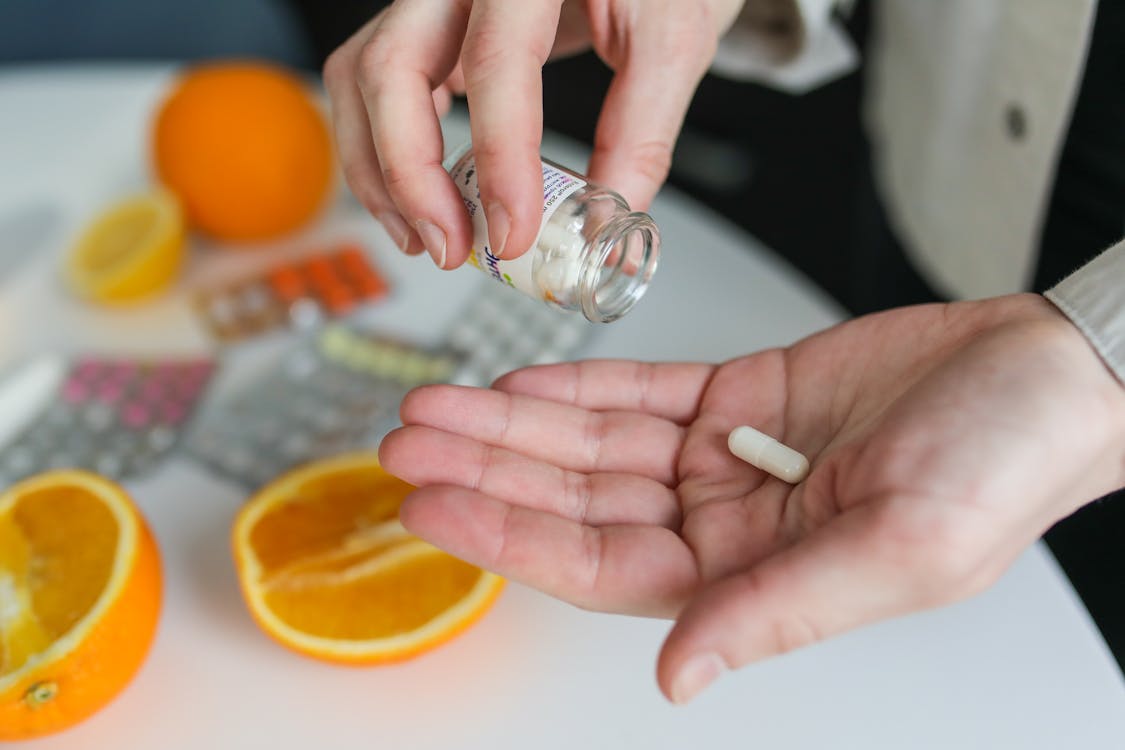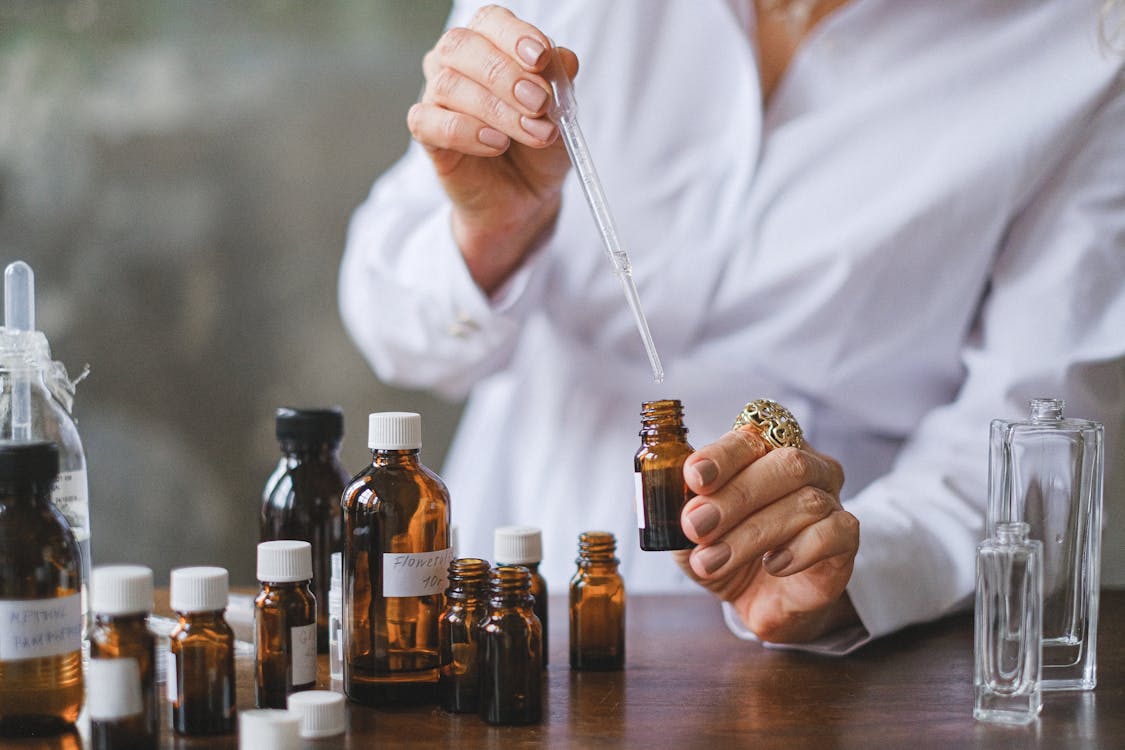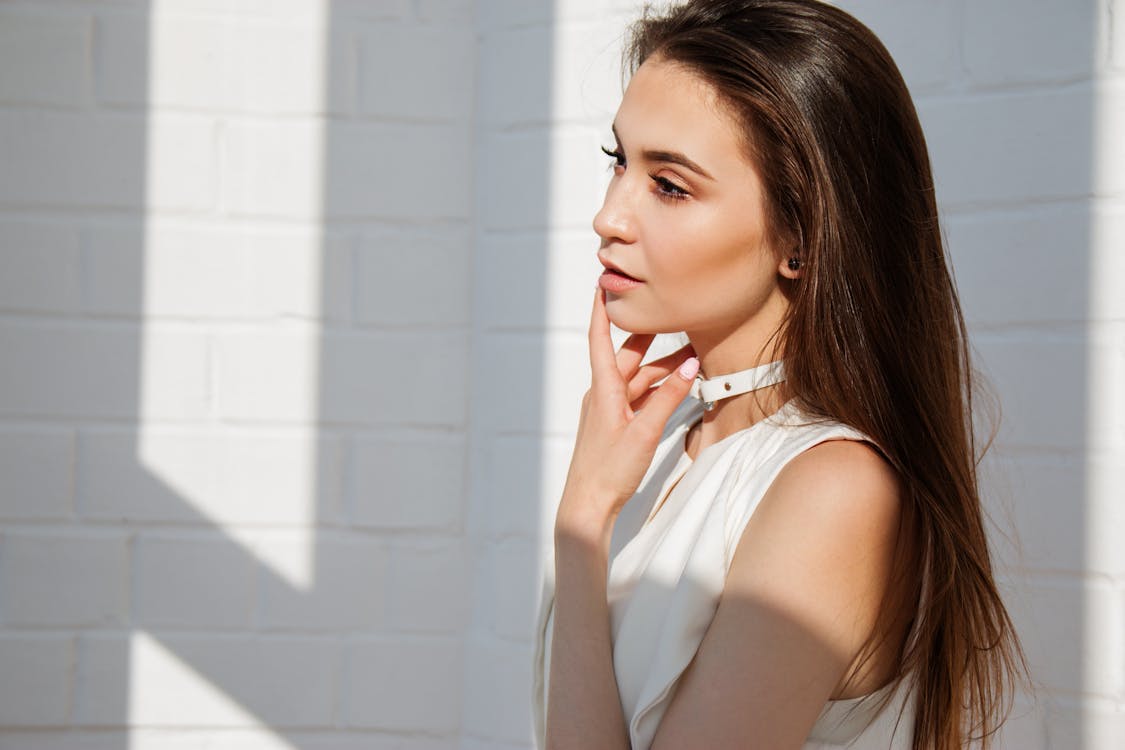Getting another year wiser is a good thing—sometimes. We know that silver strands begin to emerge from your beautiful hair, and sometimes some strands can even start to go down the drain. Although we can’t solve every hair loss problem, as every body is unique, we can offer suggestions to help!
Here is How We Save Our Hair From Falling Out
Hair Supplements

Photo by Polina Tankilevitch
Biotin
What exactly is biotin? We’ve seen this in our shampoos, hair masks, and vitamin section at our grocery store. We know it’s supposed to help with hair, but how exactly? Research explains that biotin’s main role is “to help the food you eat into energy. Your body also needs it to produce keratin— the type of protein that makes up hair, skin, and nails.”
B12 - Cobalamin
Vitamin B12 is a nutrient that help’s your body keep blood and nerve cells healthy by helping make DNA. In other words, it helps with overall cell health, including your hair. B12 is also commonly taken by people who are anemic, a blood conditioner that makes people tired and weak.
B2 - Riboflavin
B2 is one of eight B vitamins that are essential for the body. B2, riboflavin, works by reducing oxidative stress and inflammation of the nerves. Reducing inflammation throughout the body helps improve skin, hair, and nail health. It activates vitamin B6 and niacin, which promote hair growth due to their role in protein metabolism. It ensures that hair cells have access to the building blocks needed to make hair proteins!
B9 - Folate
Folate is the natural form of vitamin B9, which is water-soluble and can be found naturally in foods. Studies conclude that folic acid is added to food and it “is better absorbed than that from food sources—85% vs. 50%, respectively.” Folic acid helps promote hair growth, add volume, and even reduce the rate of premature greying!
Zinc
Zinc is an essential nutrient found in the body that helps the immune system and metabolism function properly. It’s also important to wound healing and your sense of taste and smell. This essential nutrient supports hair growth, strengthens hair follicles, and increases thickness!
Gentle Scalp Massages With Essential Oils

Photo by Anna Shvets
If you’re losing hair, you might be hesitant to put anything in your hair. Especially DIY remedies you’ve found on the internet because there’s no one-cure-and-done remedy. However, gently massaging your scalp for at least four minutes daily stimulates blood circulation and promotes hair growth. The keyword is gentle.
Did you know that combining a gentle scalp massage with an essential oil makes a relaxational break and promotes scalp health? Try this next time you get some time to yourself!
Peppermint
Peppermint oil has numerous benefits, including increasing circulation, improving hair growth, and preventing hair loss. Studies suggest that this refreshing essential oil performed better than minoxidil, which is a hair growth product approved by the United States Food and Drug Administration (FDA).
Hibiscus
Although hibiscus is not an essential oil, it has many properties that help with hair growth. Hibiscus, also known as Hibiscus sabdariffa or roselle, is a type of flowering plant native to India and Malaysia. Hibiscus can be used for hair growth as it’s rich in amino acids, which is a prime building block of keratin. As described above, keratin is the protein responsible for nourishing, strengthening, and binding hair roots.
Ginseng
Ginseng refers to 11 different varieties of short, slow-growing plants with fleshy roots, similar to ginger and turmeric. Ginseng is used in many Asian dishes adding a bitter flavor while improving overall health. This root is used to strengthen the immune system and help with stress and diseases such as cancer, diabetes, and cardiovascular disease, among others. Ginseng has therapeutic properties for hair growth and preventing hair loss by preventing the apoptosis of derma follicle papilla cells. In other words, the chemical and physical cells regenerate the cycling portion of the hair follicle and generate the hair shaft.
Jatamansi
Nardostachys jatamansi is a flowering plant of the valerian family that grows in the Himalayas. It is a source of an intensely aromatic amber-colored essential oil, spikenard. The oil has, since ancient times, been used as a perfume, as a traditional medicine, and in religious ceremonies. The roots are converted into a paste and applied to the scalp to promote hair growth. Jatamansi oil also stops hair loss and naturally dyes hair a dark brown to black color.
Lavender
Lavandula is a genus of 47 known species of flowering plants in the mint family, Lamiaceae. It is native to the Old World and found in Cape Verde and the Canary Islands and from Europe to northern and eastern Africa, the Mediterranean, and southwest Asia to India. Lavender has antimicrobial properties that help prevent bacteria and fungi from growing, allowing your scalp and hair shaft to remain healthy. When applied to the scalp, it can help soothe an itchy scalp and stop dandruff.
Style with Scalp-Friendly Hairstyles

Photo by Pixabay
We all love a new hair fad, but at what cost? Did you know that even the cutest hairstyles can cause irreparable damage to your hair which can even lead to permanent hair loss? Tight hairstyles that pull your hair back should be avoided or styled sparingly. Styles to avoid include tight buns, tight ponytails, tight up-dos, and tightly braided hair.
Opt for hairstyles that don’t pull your hair back, and if you must braid, don’t braid tightly, as it might damage your hair shaft.
Listen to Your Body

Photo by Cliff Booth
Nobody knows your body as you do, so it’s always important to notice any and all changes you may experience. If you’ve recently undergone a major life change and have become stressed out, that can be the culprit to your recent hair loss. If you notice a dramatic change in your hair and you’re not sure why, remember to consult with your doctor before trying any at-home remedies, as you can have an allergic reaction.
Accepting hair loss or hair thinning is never easy. We hope these suggestions can help as a solution for temporary hair thinning!
Remember to follow us on Instagram, Facebook, and Pinterest for the latest in everything hair care!

